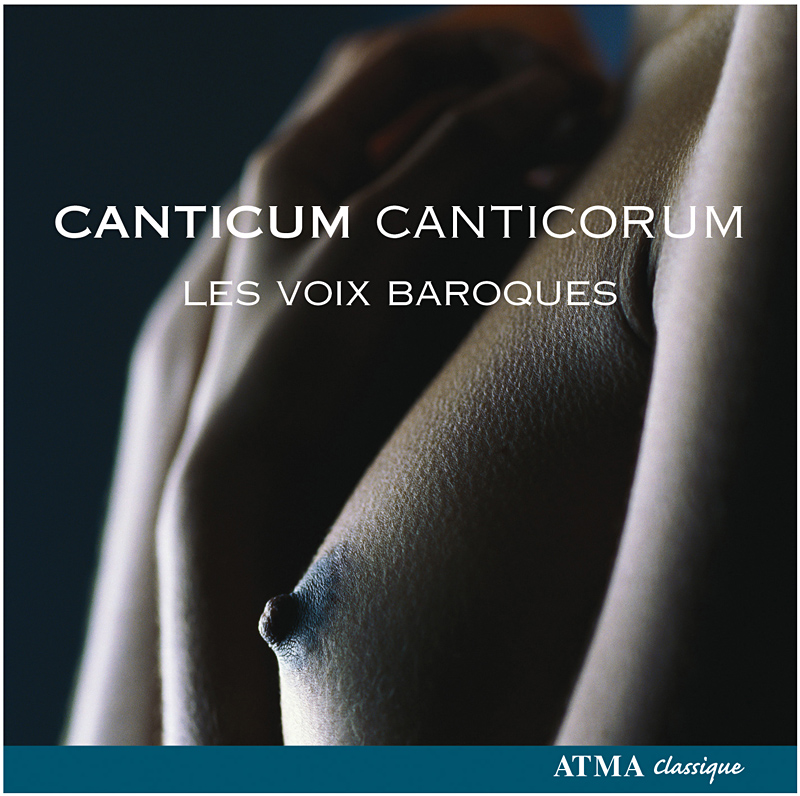“I am sick of love,” says the text, but the music suggests sick with love would be a better translation, as Heinrich Schütz’s two vocal and two instrumental lines droop and intertwine in woozy harmonies here ecstatic, there a bit queasy, always wallowing in amorous anguish. This is how Schütz (1585–1672) set “Adjuro vos filia Jerusalem,” a verse from the Biblical Song of Solomon—one of four Schütz pieces on the recent CD Canticum canticorum by Les Voix Baroques. Schütz gets equally suggestive in “Anima mea liquefacta est”—translated as “My soul failed,” although the title suggests the moment in Amélie when she turns into water and splashes all over the cafe floor. When the two tenors reach the line “His countenance is comely,” the music gets gradually more animated and ornate, spiraling breathlessly upward and sinking again in a palpitating flurry. Whew. When composers turned to these Songs, vocal music never got more erotic—or homoerotic, considering that many of the pieces on this disc are based on texts using male pronouns set by male composers for male voices. (Female physical beauty is also celebrated here, as you might guess from the CD cover.) Pacific MusicWorks director Stephen Stubbs, who performed (lute) on this CD, brings LVB singers to Seattle this weekend to perform selections from it, by composers from John Dunstable (b. 1390) to Healey Willan (d.1968) who were captivated by the frank sensuality of these texts: “I have eaten my honeycomb with my honey.” “Let him kiss me with the kisses of his mouth.” “He shall lie betwixt my breasts.” Yes, this may all have been intended as a metaphor for man’s love of Christ, but maybe leave the kids at home for this one.
Ear Supply: Like Clusters of Grapes
Centuries of frank sensuality in song.







